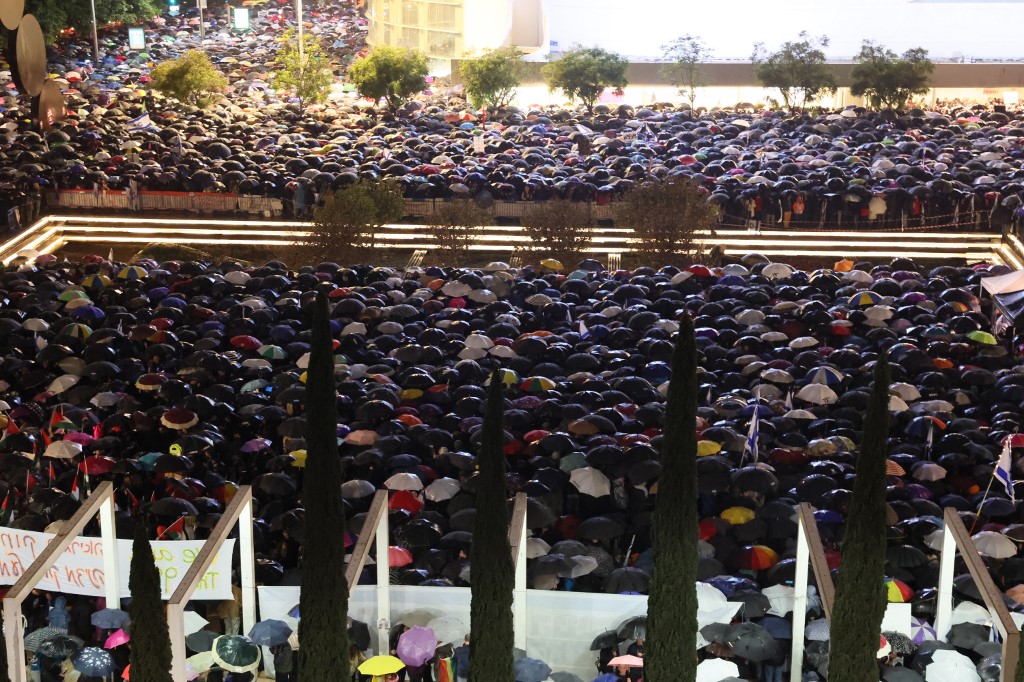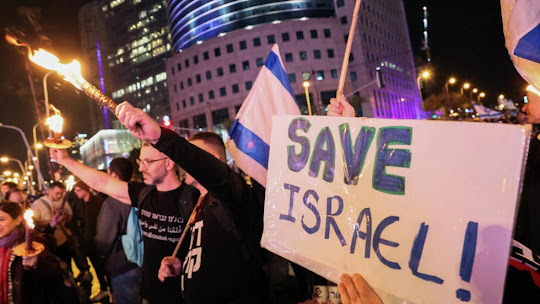
Protests rock Peru weeks after president's ouster
Jan D. Walter | Viola Träder
January 12, 2023
The police response to ongoing anti-government protests in Peru has left more than 40 people dead. The public prosecutor's office has launched an investigation into the new president, Dina Boluarte.
Anti-government protests erupted after Dina Boluarte was sworn in as Peru's president in early December. Now, just over a month after her inauguration, the police response to protests has led to the deaths of more than 40 people, with hundreds injured.
Boluarte, the former vice president, came to power when President Pedro Castillo, elected in June 2021, announced plans to dissolve Congress, but was then arrested on charges of attempting a coup. This, in turn, sparked broad unrest in the country. At least 17 people were killed, including a police officer, in Juliaca on Monday.
The public prosecutor's office has launched an investigation into Boluarte, Prime Minister Alberto Otarola and other Cabinet members on suspicion of crimes of genocide and aggravated homicide and bodily injuries. This is the second such investigation into Boluarte's actions because of protest-related deaths.
Otarola said security forces had "maintained public order in this state of emergency." He also said the government was not acting in an authoritarian fashion and would not be blackmailed by violence.
'Security forces are acting inappropriately and disproportionately'
Johanna Pieper, a researcher at Hamburg's GIGA Institute for Latin American Studies, told DW that "security forces are not heeding the law."
Raul Tecco, of the Friedrich Ebert Foundation in Lima, offered a similar opinion. "Security forces are acting inappropriately and disproportionately," Tecco said. He blames officials for the conduct of the security forces. "A soldier will not open fire without backing from his superior," he said.

Robert Helbig, who heads the Konrad Adenauer Foundation's office in Peru, said the people responsible for the turmoil must be identified and brought to justice to prevent a climate of lawlessness.
Complicated political situation
Castillo had been a political outsider before he narrowly beat neoliberal rival Keiko Fujimori, the daughter of former autocratic President Alberto Fujimori, in 2021.

Castillo's victory was not necessarily the result of his socialist ideas — which some Peruvians associated with the Shining Path guerrilla movement — but rather his anti-establishment appeal. But this may also explain his difficulty in establishing a properly functioning government, which ultimately caused a rift between the presidency and parliament.
His successor, Boluarte, has not fared much better. After breaking with Castillo, she has struggled to gain the support of Peru's left-wing parties. And she certainly cannot expect any support from the right.
Restoring Peru's peace
Pieper of the GIGA Institute said calm would only be restored when Boluarte acknowledged some of her mistakes and engaged in dialogue with protesters. It would not help for Boluarte to step down, she said, as that put Jose Williams Zapata, the neoliberal president of the Congress of Peru, in charge, and he is even less popular.
Snap elections — the next polls aren't scheduled until April 2024 — are no option either, said Pieper. "The elections cannot be moved forward due to logistical and organizational reasons. Moreover, there is a danger that the same political options would be on the table as in 2021," he said.

Tecco, on the other hand, said if Congress were to succeed in establishing an interim government, fresh elections could be held within three months. This, however, would require great political determination.
Helbig said if politicians were to begin taking protesters' demands seriously and prioritizing the country's interests, Peru could soon be pacified. "Convincing political gestures by the executive and legislative are needed that show empathy and solidarity with those who have been killed in order to calm tensions," he said.
This article was translated from German.




























.jpg)